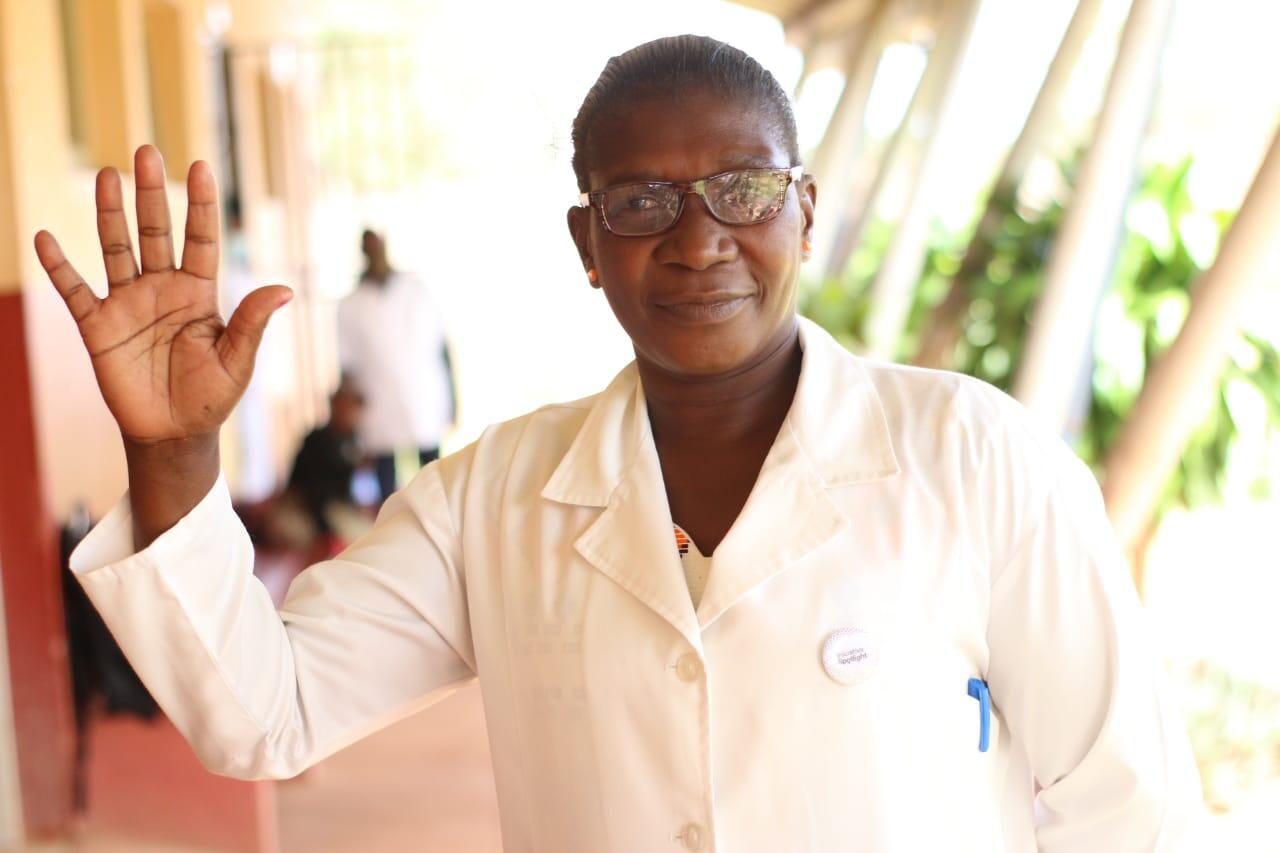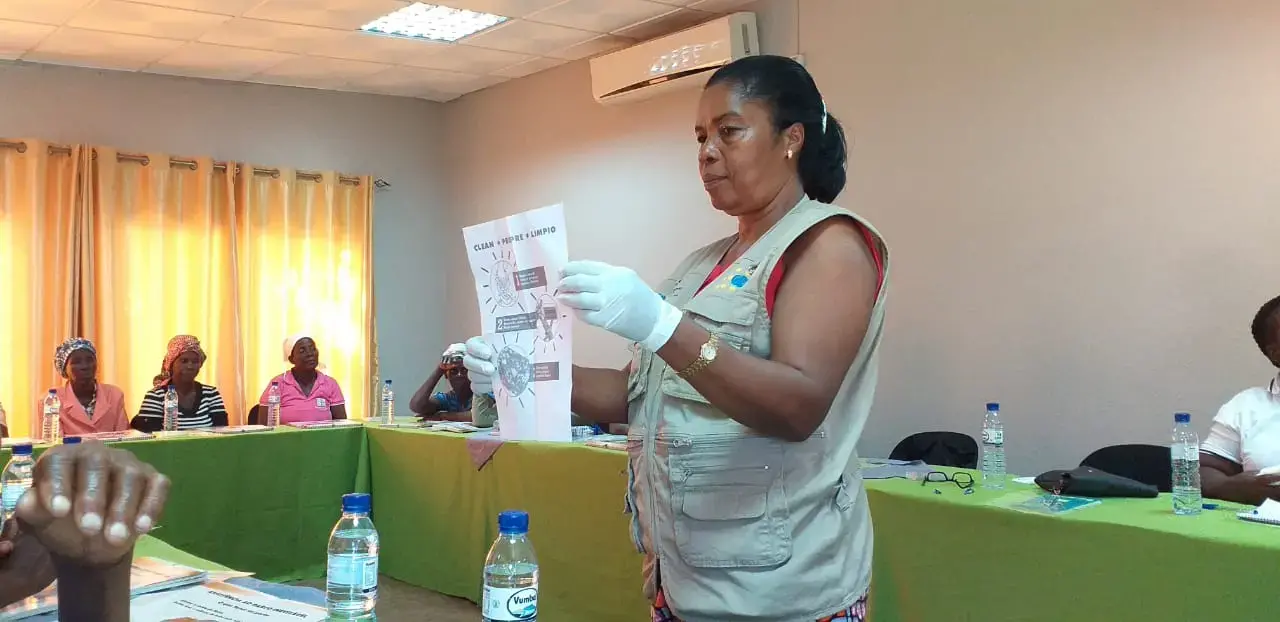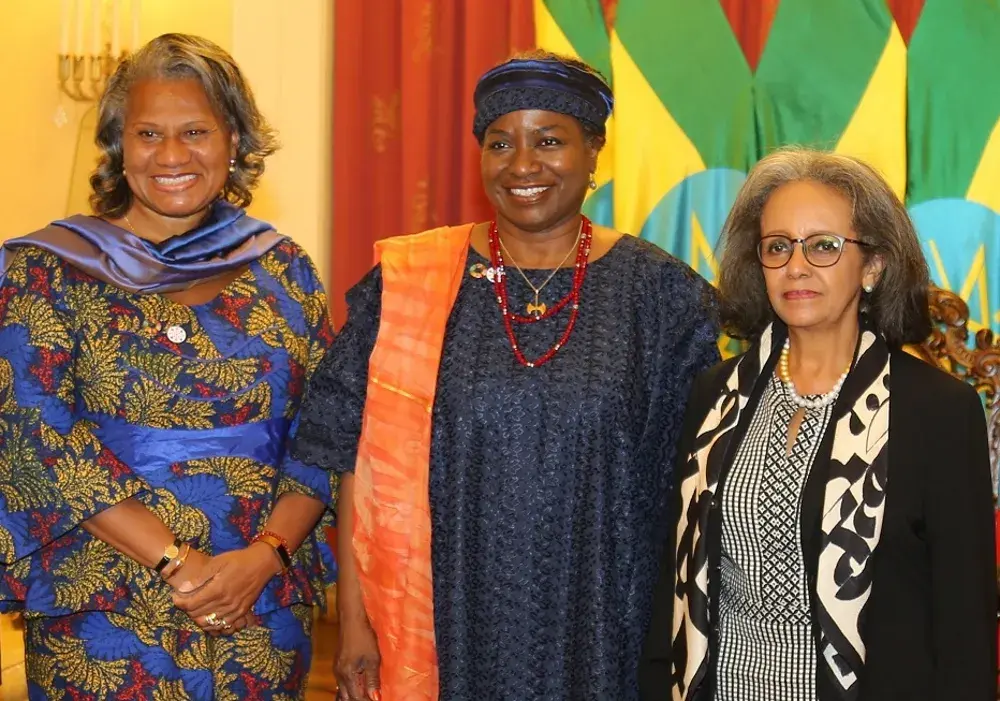Midwives in Mozambique play a key role in improving, delivering and supporting sexual, reproductive, maternal, newborn and child health for mothers and their babies. Especially in rural communities, having access to a midwife can make all the difference in the health of the mother and child during pregnancy and pre and post-labor.
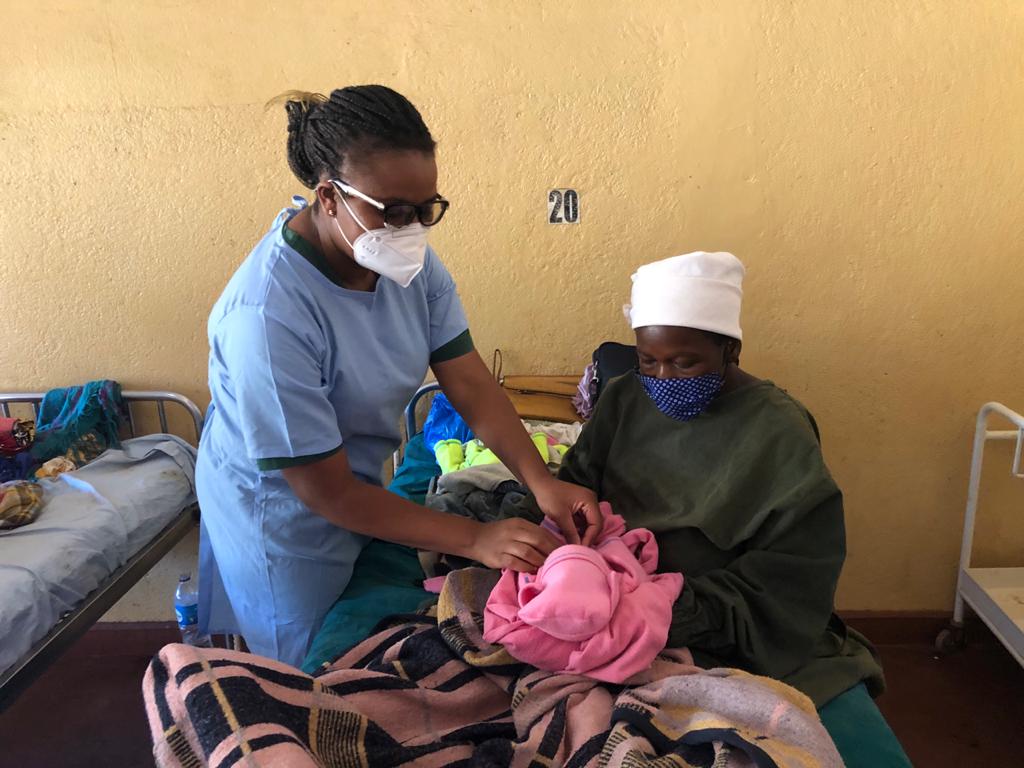
How Midwives are Supporting Mothers During COVID-19
AnaPaula Francisco Adrade is a midwife working at the District Hospital of Mossurize in Manica province, Mozambique. She notes some of the issues pregnant women face coming to the hospital:
“The long distance from their homes to the hospital has been difficult but we encourage them to travel, and remind them of the importance of prenatal and post care.”
As we celebrate International Day of the Midwife, we join midwives from around the world to celebrate their role and importance, many of whom are primary caregivers for millions of women and newborn babies before, during and after childbirth.
This year's theme is timely as the day’s celebrations coincide with the launch of the 2021 State of the World's Midwifery Report. Co-led by UNFPA, WHO and the International Confederation of Midwives, the report provides updated evidence and analysis on the impact of midwives in saving lives, improving health and strengthening health systems.
In helping ease new life into the world, midwives have put their own lives at risk in COVID-19 times. During the pandemic, they went the extra mile – sometimes literally – to reach the hard to reach, by making housecalls or traveling great distances via mobile clinics and at times, with limited personal protective equipment.
These efforts have proved valuable for women, especially during the complications of the COVID-19 pandemic, which has created extra challenges for women giving birth in terms of safety, mobility to access health services and the cost associated with travelling to health units.
“We educate women to follow institutional delivery despite the challenges and after hearing this, they realize the importance because their neighbours who usually try to deliver outside the hospital face difficulties,”
shares Ana Paula.
Isabel, 19, who recently gave birth at a health center in Manica province shares:
“A lot of false information may be shared to discourage institutional birth, particularly during the COVID-19 pandemic. Including that one will get COVID-19 if giving birth at a health center, but this is not necessarily true,”
The Experience of Midwife-Assisted Birth
UNFPA supports the Government of Mozambique to equip and support midwives as they continue to save lives. The State of the World’s Midwifery Report 2021 shows that increased investment in midwives could save up to 4.3 million lives every year by averting 67% of maternal deaths, 64% of neonatal deaths, and 65% of stillbirths.
As described by Sabina, a 21 year old new mother, having access to maternal health nurses amidst the pandemic helped her immensely through her pregnancy and delivery of a healthy baby:
“During COVID-19, the most difficult thing was the use of masks. I had a really challenging time breathing and I had to always take off my mask. What motivates me to keep going is to care and to support my newborn baby. The nurses who were present during the delivery helped me a lot until the last moment.”

Statistics show that maternal health nurses attend 73% of live births in Mozambique; this momentum must continue to reach the goal of zero preventable maternal deaths (IMASIDA 2015).
The support of nurses and family members is extremely important for a safe and successful pregnancy. Sabina can say she has had great support from both. Her husband, Domingo, describes his mentality towards supporting his wife through her pregnancy.
“Some husbands, when their wives are pregnant, do not have special care and love for them. At some point, the level of love goes down. What is the message to other husbands? I look very carefully when a woman is pregnant. I try by all means not to upset them as this can create stress and might have negative effects on both the mother and the fetus.”
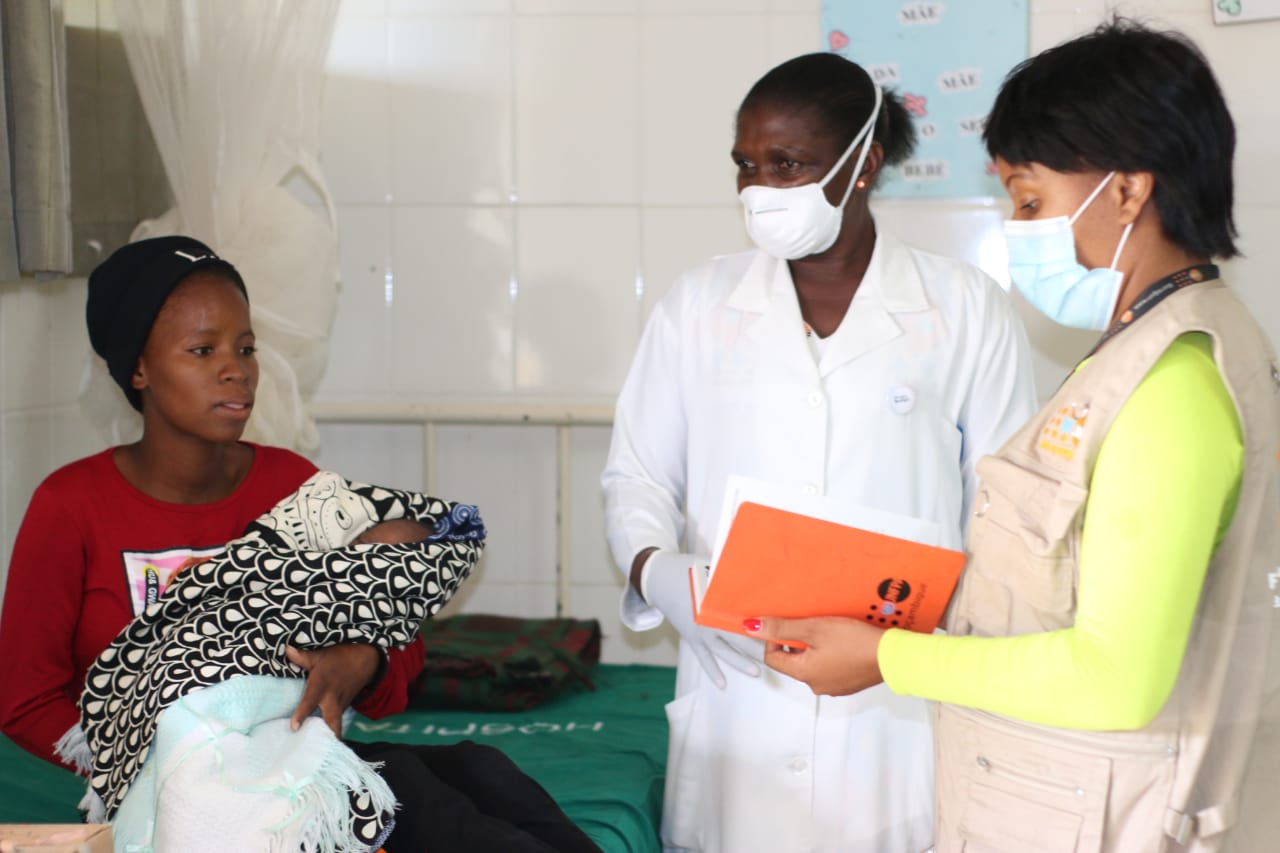
The Impact of Midwives on Maternal Health
Data from the 2017 Mozambique census shows infant mortality has substantially decreased in recent years from 93.6 per 1,000 births in 2007 to 67.3 per 1,000 in 2017 in part due to the work of midwives across the country.
The International Day of the Midwife is important in recognizing all the efforts and support midwives provide to women and girls around the world. The data from Mozambique and personal stories such as Sabiba’s reinforce their crucial role in enhancing maternal and newborn health outcomes, and how much work remains to be done to reach the goal of zero preventable maternal deaths.
Midwives and maternal health nurses save lives. 4.3 million lives saved. Every single year. The evidence is clear and the stories speak from the soul. Let’s continue working together to ensure they are well supported, trained and equipped now and beyond.
*Funding support comes via a multi-donor Reproductive Health Commodity Security II trust fund.

